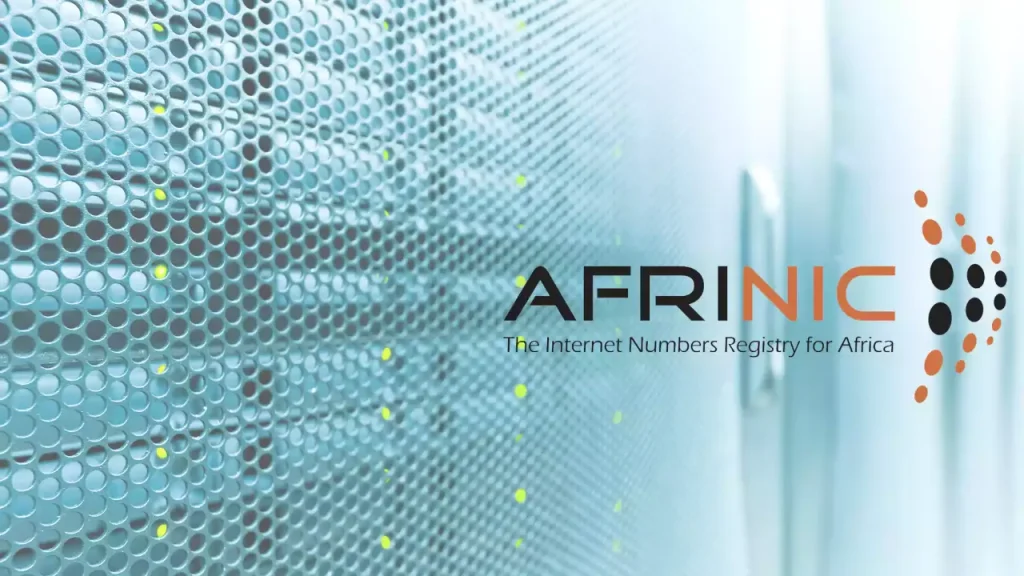- AFRINIC’s 2025 board election reforms draw scrutiny over transparency and potential voter exclusion.
- New onboarding and eligibility rules raise concerns about fairness and accessibility in internet governance.
AFRINIC’s rules under scrutiny amid institutional fragility
AFRINIC’s updated election guidelines for the 2025 board election have gained significance beyond the organisation’s region. The election process is governed by a court-appointed receiver and strict eligibility criteria: only Resource Members in good standing as of 19 September 2023 may vote, and each member must designate a single authorised voter—proxy votes are no longer permitted. While intended to streamline accountability and reduce ambiguity, the guidelines have prompted concern over whether AFRINIC is aligning itself with global standards of election integrity or merely reacting to internal failures. Given AFRINIC’s role in managing IP resources across Africa, any shortcomings in democratic legitimacy risk weakening confidence in both regional and global internet governance structures.
Also read: AFRINIC launches voter onboarding ahead of board election
Also read: AFRINIC election: 2nd attempt to delay voting fails
Transparency reforms echo across multistakeholder expectations
In response to cancelled elections and criticisms of opacity, AFRINIC introduced a voter onboarding system requiring identity verification and publication of a provisional voters register in advance of final listing. These measures reflect a drive toward enhanced transparency, a core expectation in the multistakeholder internet ecosystem. Yet observers note that the abrupt rollout and limited timeframe for compliance reduce their effectiveness. Genuine transparency requires not only procedural clarity but also accessibility. If stakeholders cannot verify their registration or voice concerns pre-election, the reforms only partially meet global governance expectations, leaving AFRINIC at risk of falling short of model standards.
Guidelines influence confidence in the global internet sphere
Although AFRINIC is regionally focused, its guidelines reverberate through global internet governance. As one of the five Regional Internet Registries, AFRINIC operates under coordination with bodies like the NRO and ICANN. The integrity of its elections affects resource allocation, policy development, and reputational legitimacy across the global IP system. When internal rules cause disenfranchisement or appear exclusionary, they may erode trust among international stakeholders. AFRINIC’s election crisis, including revoked votes and governance paralysis, has been widely reported as symptomatic of a registry in crisis. Clear and fair election guidelines are not a regional concern alone—they help anchor global norms in democratic legitimacy.
Also read: AFRINIC’s proxy vote scandal: What went wrong?
Also read: Voter eligibility criteria under AFRINIC’s updated election guidelines
A path forward depends on execution, not just rules
AFRINIC’s election guidelines signal intent to correct past failures and align with best practices. But execution will determine whether this translates into restored trust. Observers stress that publishing a voters list too close to voting, requiring rapid onboarding under unfamiliar protocols, and limiting avenues for correction all risk undermining participation—especially among smaller or remote members.
As Cloud Innovation and others maintain reform must be structural not superficial, AFRINIC’s ability to manage Africa’s IP resources effectively today—and to retain credibility tomorrow—rests on whether these reforms translate into fair, inclusive, and transparent elections. If they succeed, the continent may set an example; if they falter, the lesson will be that rules alone are not enough.

